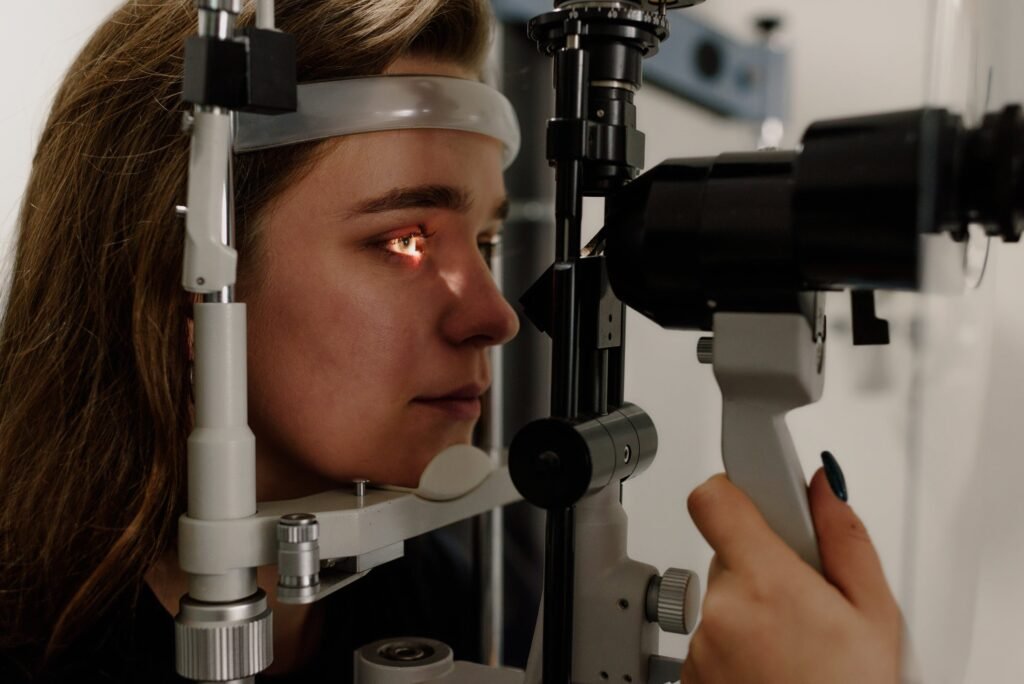Artificial Intelligence (AI) has revolutionized various industries, and healthcare is no exception. In specialized medicine, AI has emerged as a powerful tool that is transforming the way healthcare professionals diagnose, treat, and manage diseases. By leveraging advanced technologies such as machine learning, data analytics, and image analysis, AI is enabling healthcare innovation and paving the way for precision medicine.
Medical Diagnostics and Clinical Decision Support
One of the key areas where AI is making a significant impact is medical diagnostics. AI algorithms can analyze vast amounts of patient data, including medical records, lab results, and imaging scans, to assist healthcare professionals in making accurate diagnoses. By applying machine learning techniques, AI systems can learn from patterns and trends in the data, helping to identify complex diseases and conditions more efficiently.
Furthermore, AI can provide clinical decision support by suggesting treatment options based on the patient’s specific characteristics and medical history. These AI-powered systems can consider a wide range of factors, including genetic information, lifestyle choices, and treatment outcomes from similar cases, to personalize treatment plans and improve patient outcomes.
Predictive Modeling and Personalized Treatment
AI’s predictive modeling capabilities are invaluable in specialized medicine. By analyzing large datasets and identifying patterns, AI algorithms can predict disease progression, treatment responses, and potential complications. This information can help healthcare providers develop personalized treatment plans and interventions that are tailored to each patient’s unique needs.
For example, in oncology, AI can analyze genomic data to identify specific genetic mutations that may influence a patient’s response to certain cancer treatments. By understanding these genetic markers, healthcare professionals can select the most effective therapies and avoid unnecessary treatments, reducing side effects and improving patient outcomes.
Image Analysis and Precision Medicine
AI’s ability to analyze medical images is revolutionizing precision medicine. By applying deep learning algorithms to radiology and pathology images, AI systems can assist in the early detection and accurate diagnosis of diseases. For instance, in radiology, AI algorithms can analyze medical imaging scans to detect abnormalities and assist radiologists in identifying potential diseases such as tumors or cardiovascular conditions.
Moreover, AI-powered image analysis can aid in the monitoring of disease progression and treatment response. By comparing current images with previous scans, AI algorithms can detect subtle changes and provide valuable insights to healthcare professionals, enabling them to adjust treatment plans accordingly.
Drug Discovery and Genomic Medicine
AI is also playing a crucial role in drug discovery and development, particularly in the field of genomic medicine. By analyzing vast genomic datasets, AI algorithms can identify genetic variations associated with diseases and potential drug targets. This enables researchers to develop targeted therapies that are more effective and have fewer side effects.
Bioinformatics, a field that combines biology, computer science, and statistics, is heavily reliant on AI to analyze and interpret complex genomic data. AI algorithms can uncover hidden patterns and relationships within genomic datasets, helping researchers gain a deeper understanding of diseases and develop innovative treatment strategies.
Healthcare Automation and Data Analytics
AI’s automation capabilities are streamlining healthcare processes and improving efficiency. AI-powered systems can automate repetitive tasks, such as data entry and administrative duties, freeing up healthcare professionals’ time to focus on patient care. This not only reduces the risk of human error but also increases productivity and allows for better resource allocation.
Data analytics is another area where AI is making a significant impact. By analyzing large volumes of patient data, AI algorithms can identify trends, patterns, and correlations that may not be apparent to human analysts. This valuable insight can help healthcare providers make informed decisions, improve patient outcomes, and optimize resource allocation.
Conclusion
Artificial intelligence is revolutionizing specialized medicine by enabling healthcare innovation, precision medicine, and personalized treatment. From medical diagnostics and clinical decision support to predictive modeling and drug discovery, AI is transforming the way healthcare professionals approach patient care. As AI continues to evolve and improve, it holds the potential to revolutionize healthcare even further, ensuring better patient outcomes and advancing medical knowledge.

